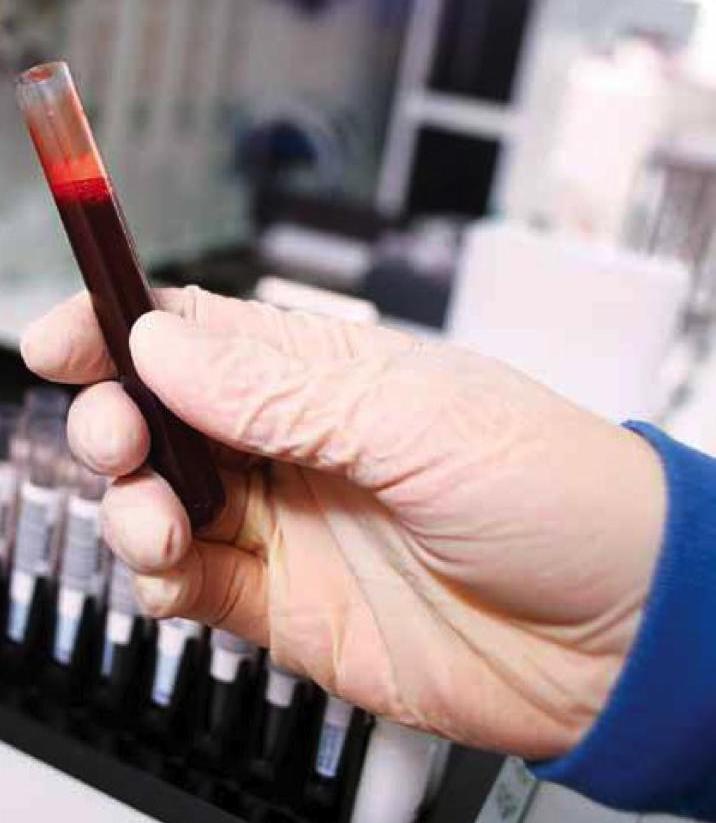
CA 125 (cancer antigen 125 or carbohydrate antigen 125) is a glycoprotein that is produced by the uterus, cervix, fallopian tubes, and the lining of the chest and abdomen. 1 When any of these tissues is damaged or inflamed, such as by developing ovarian cancer, small amounts of CA 125 can spill into the bloodstream where a blood test can detect it. In general, levels of CA 125 in excess of 35 U/ml are considered to be abnormally high. Unfortunately, interpreting the results of the CA 125 test is not simple. The significance of an elevated CA 125 level is not always straightforward. Elevated CA 125 levels can be caused by events besides cancer, such as pregnancy, menstruation, liver disease, or endometriosis.1, 2 Many women with elevated CA 125 levels do not have cancer. Most importantly, less than half of early-stage ovarian cancers cause increases in CA 125 levels. 2
Because ovarian cancer can be a serious disease, the usefulness of a test that misses so many women with early-state cancer has been called into question. In summary, the CA 125 test can lead to both false positives and, significantly, false negatives. It is important that one discuss the CA 125 test with her physician. Currently, the CA 125 test has not been recommended for large-scale screening for ovarian cancer. However, women who may be at higher risk, such as those with a family history of ovarian cancer, may benefit from the CA 125 test.2Watch a video about false positives and false negatives.
The CA 125 has proved useful in charting the progress of women undergoing therapy for already-diagnosed ovarian cancer. Later-stage ovarian cancers can produce dramatic increases in CA 125 levels. Subsequent decreases in CA 125 during chemotherapy can be used to measure the success of the therapy, and continuous monitoring of CA 125 levels may indicate if the cancer has returned. For women who have already been diagnosed with ovarian cancer, the level of "normal" CA 125 is usually lower, around 20 U/ml. 2
Other techniques are being used as possible means of improving the usefulness of the CA 125 test. Imaging the ovaries via vaginal ultrasound may supplement the CA 125 test with important information.1
